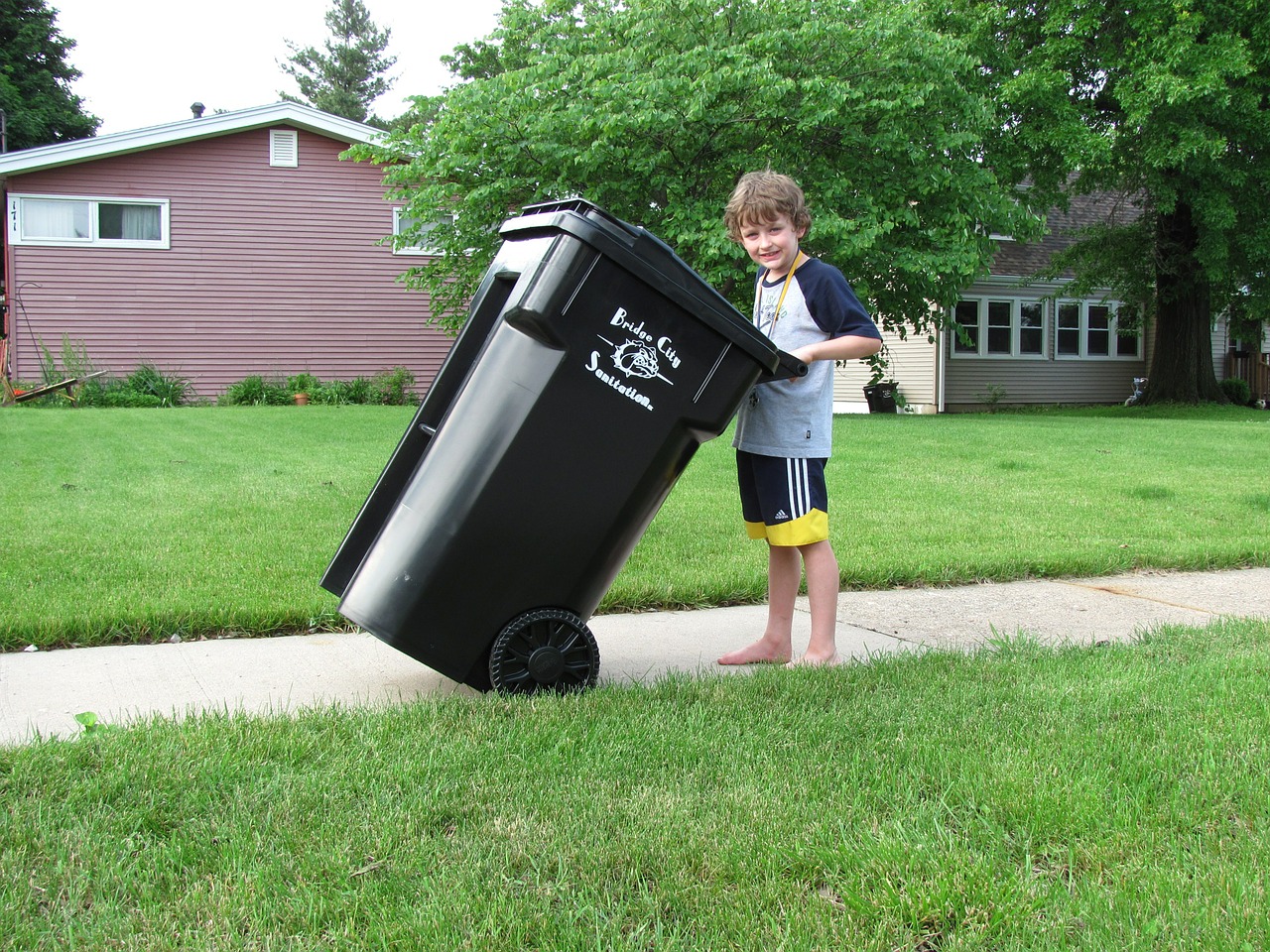Covid-19, and the subsequent nationwide lockdown, has brought along many difficulties and the world we lived in just a few weeks ago seems alien and far in the past. Many South Africans face not only huge social and economic challenges but also quite a few smaller hurdles relating to everyday life.
Two of these are house and garden work.
It took a menacing novel virus and strict social distancing rules to realise that no matter how much we value and pay our dedicated domestic workers, they are still greatly under-appreciated.
The dishes keep on piling up and the floor needs constant sweeping and washing. In the meantime, the washing seems to multiply exponentially and the carpets are, to say the least, filthy. The bathrooms are in a state of grimy neglect and the windows are gathering dust. And that is only inside the house. Outside the lawn needs mowing, the weeds do not know the meaning of social distancing, the plants are withering in the hot Lowveld sun and the beloved family pet’s mess needs cleaning up. To name but a few.

It is safe to assume that many privileged South African children are not used to doing chores in and around the house. Although no child (or adult, for that matter) likes to clean, cook and tidy up, it is a fact that getting all involved in helping in and around the house creates a win-win situation: it is not only good for the parents who could use some help, but also teaches children about what it means to be responsible members of a well-functioning family.
We have compiled some tips on getting all family members involved in maintaining a well-managed household:
- Dividing chores should be structured. It does not help to randomly call on family members to help with this or that whenever mom-in-charge deems it necessary.
- Plan for a week ahead and list the things that need to be done day by day. In this way everyone can develop a sense of that which needs doing and when it should be done.
- It is important to add a name to each task so that kids can know beforehand exactly what is expected of them. This should also help to prevent siblings from claiming that the one does more or less than the others.
- Consulting the whole family when dividing the chores is essential – all of us like to have a say in our own lives and volunteering for a specific task leads to taking responsibility. It is also important to keep in mind that the appointed chores should be age-appropriate. The attached infographic gives guidelines in this regard.

- Be consistent when it comes to evaluating whether the chores were done properly and timeously.
- The previous points sound quite strict and devoid of fun, but it does not need to be so. It is, for obvious reasons, not advisable to reward a child for doing a chore, but it could be fun to organise games or movies after the work is completed for the day.
- Do not forget to include preparation of meals as a chore. It is a good opportunity to teach a child how to cook and a skill that will last a lifetime.
- Sometimes it may seem easier to just do everything on your own, especially if a difficult kid is disgruntled and not in the mood to help. Persist, keeping in mind that it is in the child’s best interest to learn exactly what it entails to keep house.

It is not necessary to let go of all chore responsibilities when lockdown and Covid-19 are in the past and everything is back to normal. Helping in and around the house has never killed anyone and is actually good for children, although they will maybe realise this only later on.
Author: Liezel Lüneburg


